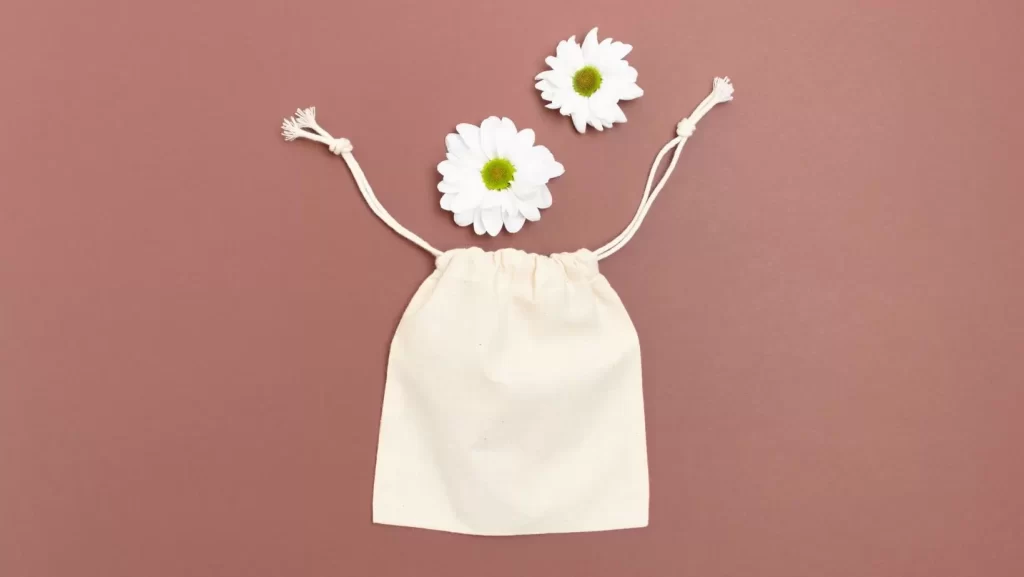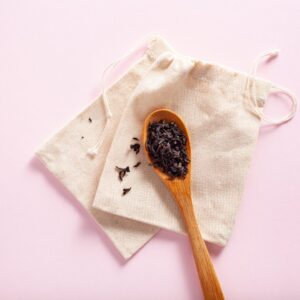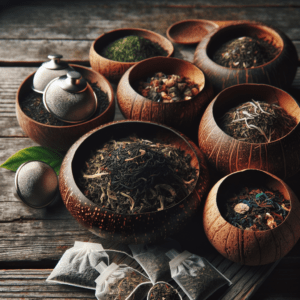An overview of various reusable tea bag types and their pros and cons.
Comparing Different Types of Reusable Tea Bags
Not all reusable tea bags are created equal. This post compares different types, helping you choose the best one for your brewing style.
Comparing Different Types of Reusable Tea Bags
Tea lovers, rejoice! If you’re someone who enjoys a warm cup of tea but wants to reduce waste and embrace sustainability, reusable tea bags might be the perfect addition to your daily routine. These eco-friendly alternatives to disposable tea bags are gaining popularity, and for good reason. Not only do they help cut down on single-use waste, but they also allow you to enjoy your favorite loose-leaf teas with ease.
But with so many options available, how do you choose the right reusable tea bag for your needs? In this article, we’ll explore the different types of reusable tea bags, their pros and cons, and tips for selecting the perfect one for your tea-drinking habits.
Why Choose Reusable Tea Bags?
Before diving into the different types, let’s take a moment to appreciate why reusable tea bags are worth considering.
- Eco-Friendly: By switching to reusable tea bags, you can significantly reduce the number of single-use tea bags that end up in landfills. Many disposable tea bags also contain microplastics, which contribute to environmental pollution.
- Cost-Effective: While reusable tea bags may require an upfront investment, they save money in the long run by eliminating the need to constantly buy disposable options.
- Customizable: With reusable tea bags, you have the freedom to use any loose-leaf tea or herbal blend you like, creating a more personalized tea experience.
- Healthier Options: Many disposable tea bags are treated with chemicals or made with synthetic materials. Reusable options are often made from natural, food-safe materials, giving you peace of mind about what’s steeping in your cup.
Types of Reusable Tea Bags
Let’s break down the most common types of reusable tea bags and what makes each one unique.
1. Cotton Tea Bags
Cotton tea bags are a popular choice for those who prefer natural materials. They’re typically made from unbleached organic cotton and come in various sizes to accommodate different amounts of loose-leaf tea.
Pros:
- Made from biodegradable and eco-friendly material.
- Soft and flexible, making them easy to use and store.
- Can be washed and reused many times.
Cons:
- Requires regular cleaning to prevent staining and odors.
- May wear out faster than other materials over time.
- Can retain some flavors if not cleaned thoroughly.
Best For: Tea drinkers who prioritize natural materials and don’t mind a bit of extra care to maintain their tea bags.
2. Silicone Tea Bags
Silicone tea bags are durable, colorful, and easy to clean. They’re made from food-grade silicone and often come in fun shapes, adding a playful touch to your tea time.
Pros:
- Long-lasting and resistant to wear and tear.
- Easy to rinse or wash in the dishwasher.
- Doesn’t retain flavors or odors.
Cons:
- Not biodegradable, though they are reusable for years.
- Some people may prefer natural materials over silicone.
Best For: Tea enthusiasts looking for a low-maintenance option that’s durable and easy to clean.
3. Hemp Tea Bags
Hemp is another natural material that’s gaining traction for its eco-friendliness and durability. Hemp tea bags are often unbleached and sustainably produced, making them an excellent choice for environmentally conscious consumers.
Pros:
- Stronger and more durable than cotton options.
- Naturally resistant to mold and mildew.
- Biodegradable and sustainably sourced.
Cons:
- Slightly rougher texture compared to cotton or silicone.
- May be harder to find in stores or online.
Best For: Eco-conscious tea drinkers who want a sturdy, long-lasting option made from natural fibers.
4. Stainless Steel Infusers (Tea Bag Alternatives)
While not technically “bags,” stainless steel infusers function similarly by holding loose-leaf tea during steeping. They’re often shaped like small baskets or balls with fine mesh to keep leaves contained.
Pros:
- Extremely durable and long-lasting.
- Easy to clean and dishwasher-safe.
- Doesn’t absorb flavors or odors.
Cons:
- Heavier than fabric or silicone options.
- Not as flexible or portable as traditional tea bags.
Best For: Those who want an ultra-durable option that’s easy to clean and doesn’t require replacing over time.
How to Choose the Right Reusable Tea Bag
When selecting a reusable tea bag, consider the following factors:
- Material Preference: Do you prefer natural fibers like cotton or hemp, or are you fine with synthetic options like silicone? Your values and lifestyle will guide this decision.
- Ease of Cleaning: If you’re short on time or dislike handwashing, opt for something dishwasher-safe like silicone or stainless steel infusers.
- Durability: If you want a product that lasts for years without needing replacement, stainless steel or hemp might be better choices than cotton.
- Tea Type: Consider the size of the mesh or fabric weave—finer materials work better for small loose-leaf teas, while coarser ones might let smaller particles escape into your cup.
- Portability: If you enjoy tea on the go, lightweight options like cotton or silicone are easier to carry around than stainless steel infusers.
Caring for Your Reusable Tea Bags
To ensure your reusable tea bag lasts as long as possible, follow these simple care tips:
- Rinse Immediately After Use: Prevent stains and odors by rinsing your tea bag right after steeping.
- Deep Clean Regularly: For fabric bags, soak in warm water with a bit of baking soda or vinegar to remove any lingering residue.
- Air Dry Completely: Always let your tea bag dry thoroughly before storing it to avoid mold or mildew.
- Check for Wear and Tear: Over time, fabric bags may develop holes or fraying edges—replace them if they’re no longer effective.
Final Thoughts
Reusable tea bags are a fantastic way to enjoy your favorite teas while being kinder to the planet—and your wallet! Whether you prefer the softness of cotton, the durability of silicone, or the sturdiness of stainless steel, there’s a reusable option out there for everyone.
So go ahead, brew yourself a cup of tea, and sip knowing you’re making a positive impact on the environment with every delicious drop!




